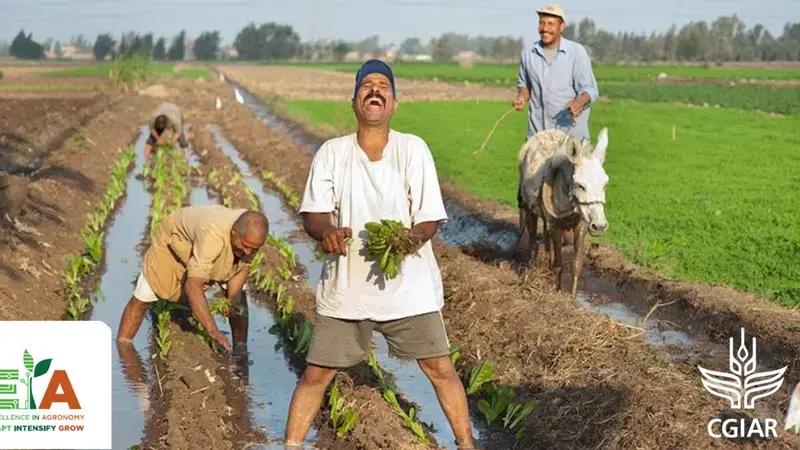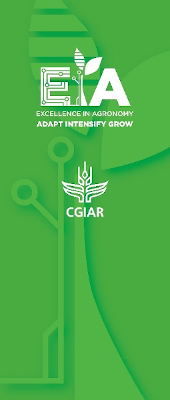EiA2030 CWANA - Regional Program Kick-off Meeting

Cairo, June 27th, 2022: A day-long workshop will take place to introduce the CGIAR Excellence in Agronomy (EiA) 2030 Initiative to key stakeholders in Central, West Asia, and North Africa (CWANA).
The workshop aims to discuss how the Excellence in Agronomy (EiA) 2030 initiative can support governmental and private sector stakeholders, regional and international donors and other research institutions who are interested in scalable agronomic solutions, as well as bring potential implementing partners together to discuss joint activities, outputs, outcomes, and pathways to impact at scale.
The initiative, co-created with CGIAR’s partners and donors, represents the collective resolve of CGIAR’s agronomy programs to transform the world’s food systems through demand- and data-driven agronomy research-for-development. EiA 2030 is premised on demand-driven agronomic solutions to develop recommendations that match the needs and objectives of the end-users.
Speakers include:
-
Aly Abousabaa, Regional Director, Central and West Asia and North Africa (CWANA); Director-General of ICARDA
-
Martin Kropff, Global Director, Resilient Agrifood Systems Science Area (RAFS)
-
Vinay Nangia, Research Team Leader, Soil, Water and Agronomy
-
Mandlenkosi Nkomo, Chief Growth Officer (EiA2030 Core leadership)
-----------------------------------------------------------------------------------------------------------------------------------

EiA 2030 combines big data analytics, new sensing technologies, geospatial decision tools and farming systems research and improve spatially explicit agronomic recommendations in response to demand from scaling partners.
-
Facilitating the delivery of agronomic solutions, including co-creating and deploying gender- and youth-responsive solutions to smallholder farmers via scaling partners.
-
Enabling the creation of value from big data and advanced analytics, through the assembly and governance of data and tools; application of existing analytics and solutions for specific use cases; supply of information on climate impacts, inclusivity, and sustainability of agronomic solutions; and national agricultural research system (NARS) capacity strengthening.
-
Driving the next generation of agronomy at scale innovations by addressing key knowledge gaps and facilitating innovation in agronomy research through engagement with partners.
-
Nurturing internal efficiencies for an agile and demand-driven agronomy research and development community through internal organization and external partnerships for prioritization, demand mapping and foresight.
